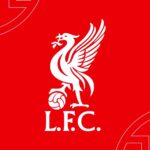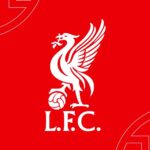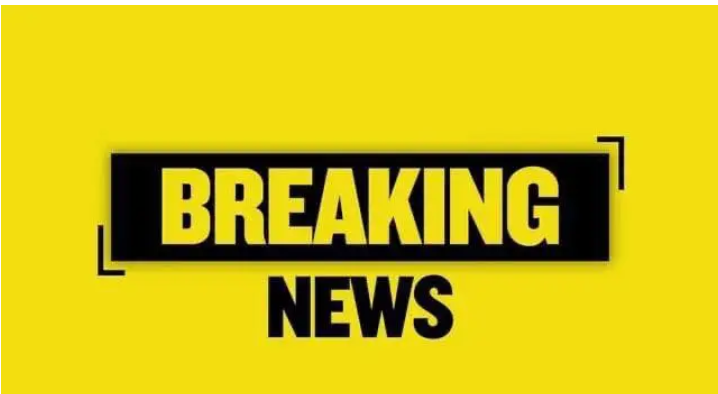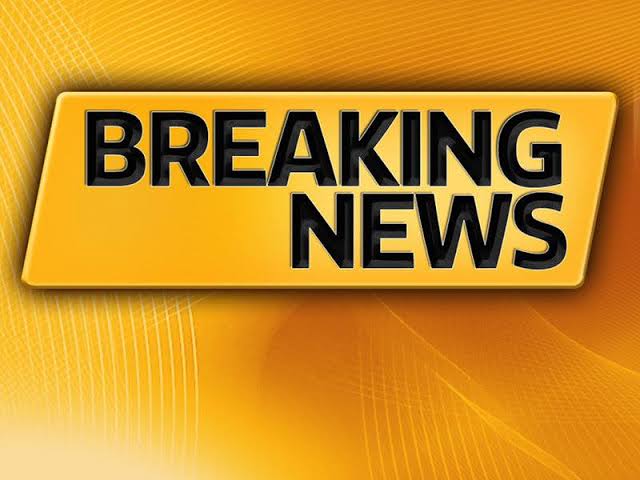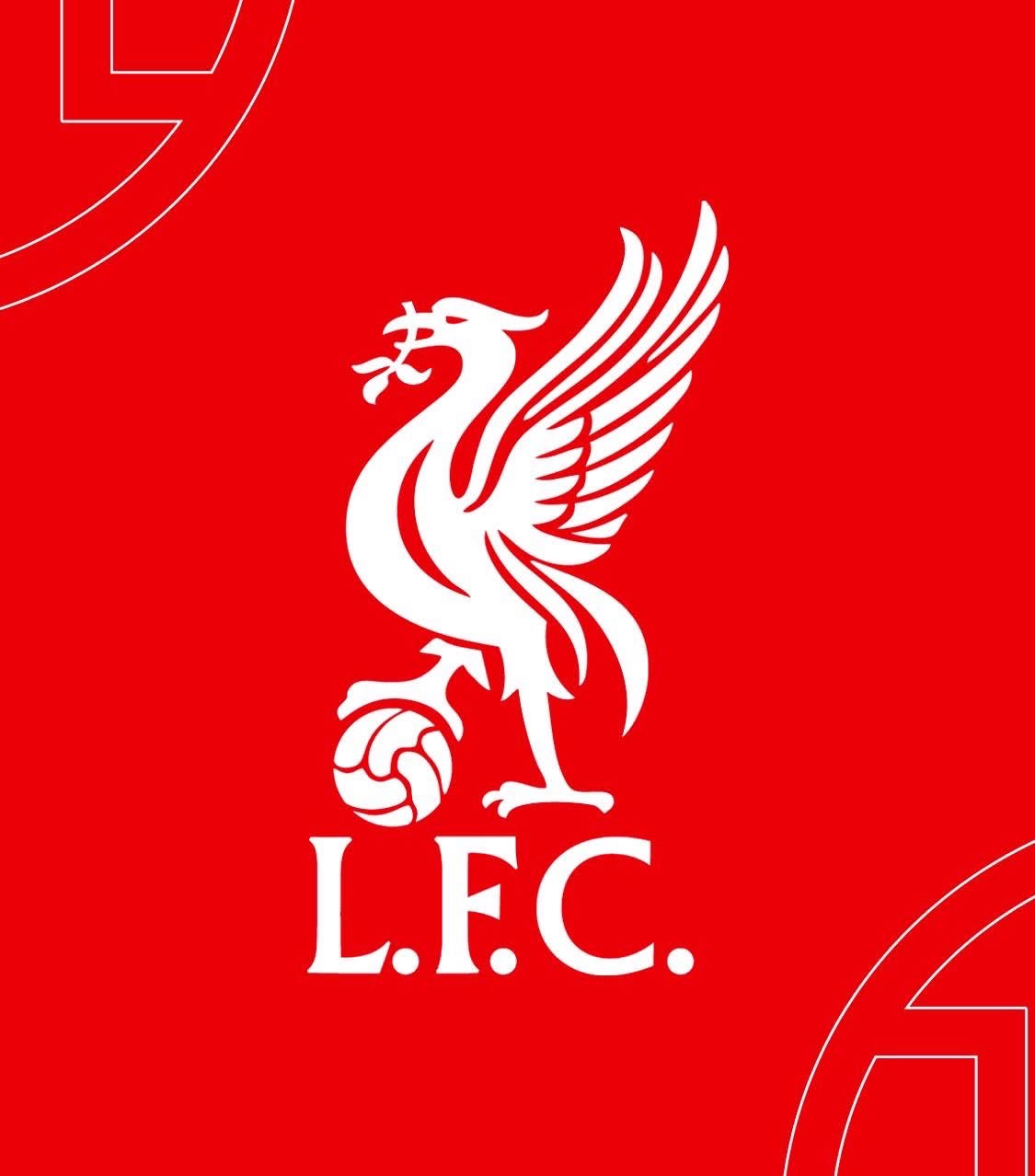Mohamed Salah’s Individualism Is Disrupting Liverpool: How His Reluctance to Pass Hampers Teammates, Stifles Wirtz, and Threatens the Reds’ Revival
Liverpool’s struggles this season can be traced to several factors, but one glaring issue is Mohamed Salah’s increasingly self-centered style of play. While the Egyptian superstar remains a pivotal figure, his focus on personal glory over teamwork is contributing to the club’s ongoing slump.
Wirtz’s Progress Blocked by Salah’s Solo Play
Salah’s underwhelming performance during Liverpool’s 0-3 defeat at Manchester City exemplified this problem. Not only did Liverpool fall further behind in the title race, but Salah himself was largely contained by 19-year-old right-back Nico O’Reilly, failing to score or assist for the first time against City in nearly three years. While statistics capture part of the story, the bigger concern is his growing tendency to prioritize individual effort over coordinated team play.
A striking example occurred in the 80th minute: Salah raced down the right wing, had the option to pass to Florian Wirtz in open space, but instead attempted a difficult shot that was deflected, wasting Liverpool’s best chance to get back into the match. This isn’t an isolated incident—similar situations occurred in matches against Frankfurt and Real Madrid, where Wirtz was poised to score but was denied by Salah’s preference for shooting himself.
The Wider Impact on Liverpool
The consequences of Salah’s behavior extend beyond missed goals. Liverpool manager Arne Slot is striving to establish a balanced system where every player contributes, but Salah’s reluctance to link up undermines that structure. Wirtz is stifled, full-back Conor Bradley is left exposed, and the defense becomes vulnerable whenever possession is lost. Recent stats from Squawka highlight that Salah now takes fewer shots than teammates like Cody Gakpo, Nicolas Ekitike, and Dominik Szoboszlai, while his touches inside the box have sharply declined. His reputation remains, but his influence on the team is waning—less because of age and more due to his isolation from collective play.
Wayne Rooney echoed this concern on BBC, emphasizing that Salah’s responsibilities extend beyond scoring: “In big matches, he must drop back and support teammates. Leaving Bradley exposed was a clear failure in team contribution.” Guardiola’s comments after the match similarly underscored the problem: while opponents fear Salah, his predictable, solo patterns make him easier to neutralize.
The Path Forward
Salah’s decline in team influence doesn’t necessarily signal the end of his dominance—adjustments to Slot’s system could help him find his rhythm again. However, unless he learns to trust and share with his teammates, Liverpool risks losing both collective identity and offensive potency. The club needs a revival built on unity, and Salah faces a personal challenge: embracing humility to restore both his own brilliance and the Reds’ attacking might. Without change, it may be Salah himself—not defensive frailty or tactical shortcomings—who hinders Liverpool from reclaiming its feared status in the Premier League.


